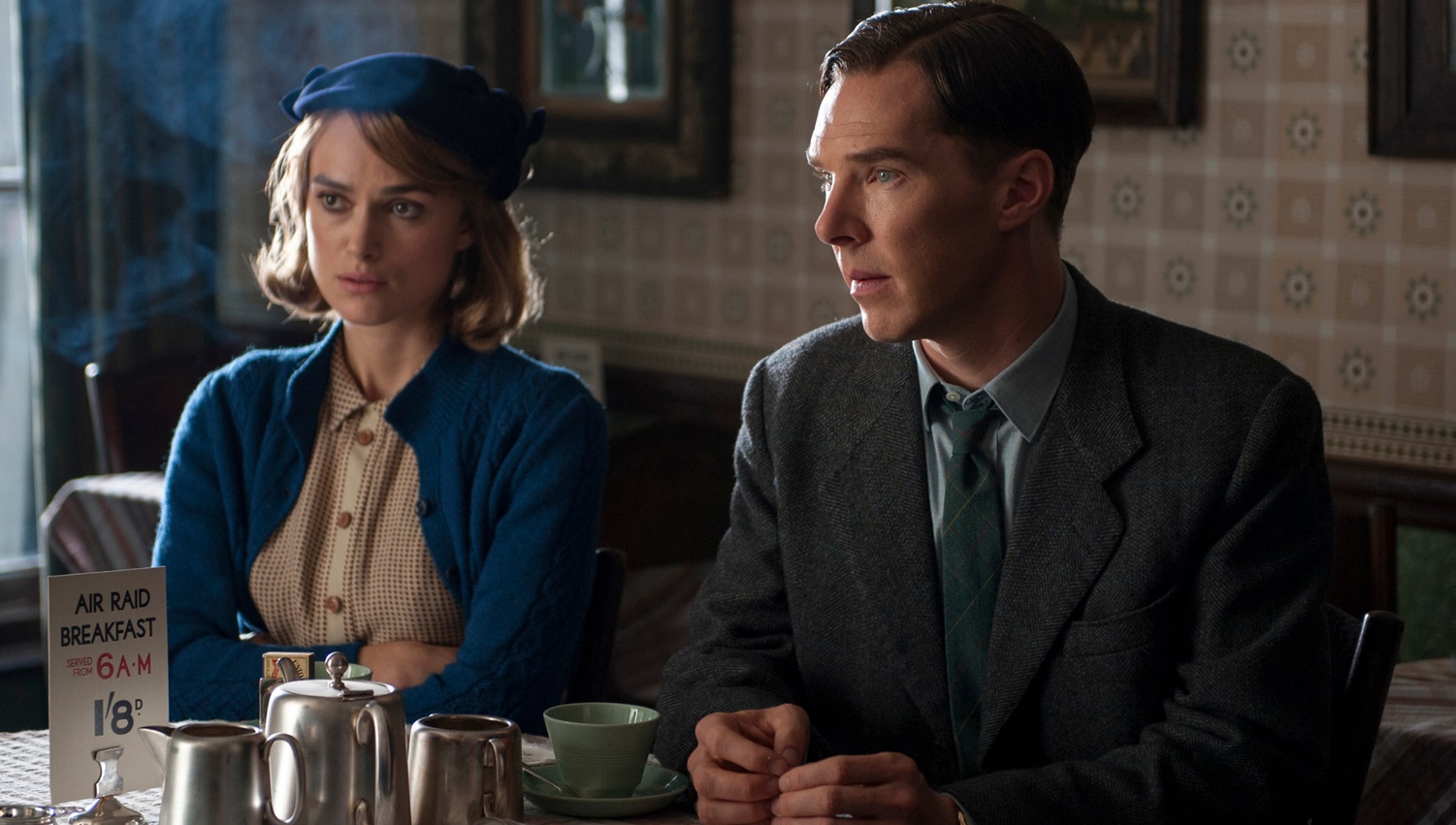
The Imitation Game
Dustin Chase
Winning the Toronto International Film Festival award proved to be a good omen for 12 Years a Slave, The Kings Speech and Slumdog Millionaire, as they went on to win best picture at the Academy Awards. The Imitation Game is based on the extraordinary true story of mathematician Alan Turing, whom Winston Churchill acknowledged contributed more than any other individual to winning the war. It isn’t just a story about how one brilliant man created a decoder to help stop Hitler, it’s also about the “shameful, disgraceful part of our history”, said Cumberbatch, who will likely be up for a best actor nomination. What The Imitation Game, distributed by The Weinstein Company, won’t get is a best director nomination, which might just lose it the best picture game.
Things were bleak in 1939; Britain was losing the war to Germany, largely because of its inability to crack the Enigma code the Nazis were using to communicate via radio. Alan Turing explained to the War Department that he didn’t need them; it was the war itself that needed him. He was unpopular the moment he met with Commander Denniston (Dance), who worked under Churchill; but Turing was eventually put in charge of building an enormous machine that be believed would decode the messages and help England win World War II. Turing was also a homosexual, which, during that time period, was illegal. Stewart Menzies (Strong) said to Turing that he wished the spies in his department were as good at keeping secrets as he.
Director Morten Tyldum doesn’t inject the type of creative cinematic ability into this pretty standard script that it might have deserved
Don’t let the similarities between A Beautiful Mind’s Russell Crowe and Jennifer Connelly’s performance detract from what Cumberbatch and Knightley do here, although there are many comparisons. The Imitation Game isn’t an agenda film, but it does have a point to make, a pledge to offer, and, as Cumberbatch points out regarding Turing’s Royal Pardon decades after his death, “The only person who should be pardoning anybody is him” (Turing). Cumberbatch’s performance might not be able to rival that of Michael Keaton’s showy Birdman or the body and facial contortions of Eddie Redmayne’s Stephen Hawking—two who will certainly be his fellow nominees. However, Cumberbatch’s popularity, his consistently great work and this being his best performance will certainly land him in the race.
Cumberbatch gives a detailed, subtle and often internalized performance as Turing, who suffered with deep, inner struggle and lifelong pain. He dedicated himself to a country that turned on him after they got what they needed from him. It’s a powerful role and Cumberbatch (August Osage County, The Hobbit) quietly devours every scene and frame. Oscar nominee Keira Knightley (Begin Again, Laggies), also turns in another terrific performance. In one scene, her character delivers a beautiful and almost heartbreaking –speech about the type of marriage she and Turing might have; seconds later, her mood has changed, and she calls Turing a monster. It’s a scene-stealer for the actress and should land her a supporting actress nomination. Director Morten Tyldum doesn’t inject the type of creative cinematic ability into this pretty standard script that it might have deserved; this one is by the numbers. That will make this “agreeable” film a difficult sell to represent the year’s “best film.” “The people no one thinks anything of are the ones that do things no one can imagine.” It’s that beautiful sentiment that should echo louder than any award it receives; thankfully, it’s quoted in the film.
Final Thought
Cumberbatch gives a performance that will stay with you after the last frame.
